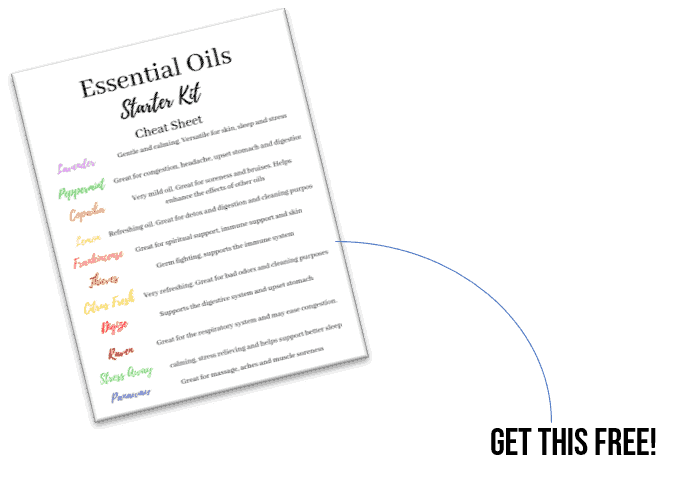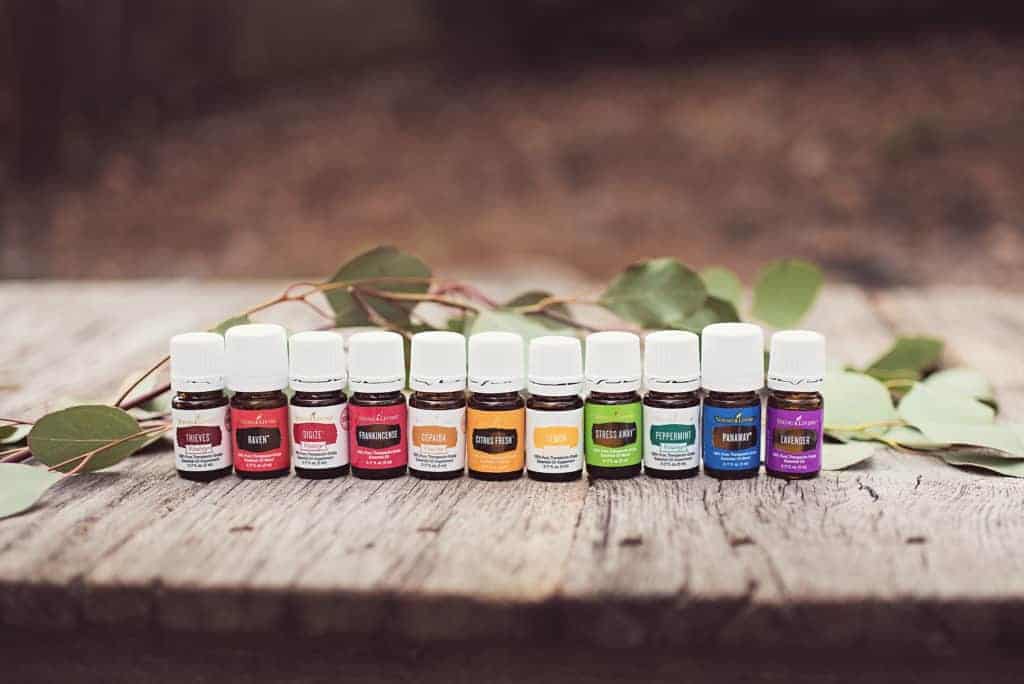Essential oils are experiencing a huge surge in popularity right now, though they have been around for thousands of years. Tons of people are discovering their effectiveness and incorporating essential oils into their home. It seems that people are becoming more and more aware of what is going into their bodies and how to help boost their way of living without turning to harmful substances.
WHAT ARE ESSENTIAL OILS?
Essential oils are made up of the highly concentrated natural oils found in plants. It is what some call the “life blood” of the plant. Once extracted, the beneficial properties of the plant remain in the essential oil left behind.
Essential oils are composed of hundreds of unique chemical components (like linalool in lavender and l-limonene in lemon) that work synergetically. These elements contain the therapeutic properties found in the original plant. A word of caution, it take A LOT of plant material to make one bottle of essential oil. It takes approximately 75 lemons to make one 15 ml bottle of lemon oil so these oils are extremely concentrated. That is why only a drop or two is needed when using essential oils so make sure not to overdo it.
HOW ARE THEY MADE?
High quality essential oils are extracted through low pressure and low temperature steam distillation of plant material, and in the case of citrus peels (like lemon, orange and grapefruit), cold-pressed.
WHY ARE SOME OILS SO EXPENSIVE?
Some of the oils can be on the pricey side, I know when I first saw some of the prices I balked and thought they were nuts if they thought people were going to pay that much for a little bottle. But then I tried it myself and learned more about those specific oils and realized those prices aren’t so bad for what you are actually getting. Many essential oils are precious (and cost more) because they are sourced from plants only accessible in certain parts of the world and in a specific season. Take, for example, Sacred Frankincense. This oil is considered one of the “rarest, most sought-after aromatics in existence”, and is made from the resin of a tree grown in Salalah, Oman. This oil was originally only available to the Saudi royals, and the fact that we now have access to it is pretty awesome.
Another example is Rose oil. It takes approximately 22 pounds of rose petals to make a 5 ml bottle of rose oil. Considering rose petals are about as light as a feather, that’s a lot of rose petals! So it makes more sense that it would cost a bit more.

HOW TO USE ESSENTIAL OILS
There are three different ways to use essential oils:
INHALATION
Our sense of smell is extremely powerful. When we inhale something, odor molecules immediately travel up the nose to the limbic lobe of the brain, which is known as the emotional control center. Inhalation is the ONLY way to stimulate this part of the brain, which is why certain smells can trigger a memory or emotion. It is also a great way to reach the hypothalamus, your hormonal control center. The best ways to inhale essential oils are to use them in a diffuser, direct inhalation from the bottle or simply put a drop or two on your hands and hold them up to your face and take a couple deep breaths.
TOPICALLY
Our skin is the largest organ of the body and absorbs what you apply on it pretty readily. Essential oils have the unique ability to penetrate cell membranes and enter the bloodstream very quickly. The unique, lipid-soluble structure of essential oils is very similar to the makeup of our cell membranes. The molecules of essential oils are also very small, which enhances their ability to penetrate into the cells. When topically applied, essential oils can travel throughout the body in a matter of minutes. Popular places to apply topically are on the feet, hands, ears, neck, lower back, along the spine, temples and hairline.
Most essential oils are safe to apply neat (undiluted); however, it’s best to start out by diluting the essential oil in a carrier oil to see how your body reacts. I like to use fractionated coconut oil but any kind of carrier oil would work fine. Also, kids tend to be more sensitive so when in doubt, always dilute for children.
INTERNALLY
There is some debate on whether it’s safe to use essential oils internally. The main reason being that if an essential oil is not pure it can be quite dangerous because whatever else is in that bottle is also going into your system. I personally love to use them internally as do my kids but ONLY because I have researched the company we use and they are transparent about how they process their oils and I am sure that what we are taking internally is 100% pure. I put oils in my water every day and regularly cook with them and have had nothing but wonderful results so I can personally attest that oils from THIS(link) company are safe to consume. But please use your best judgement if you are not sure you’re comfortable taking essential oils internally.
My favorite way to take oils internally is by adding them to my water. I add 2 drops of lemon vitality oil and 2 drops of grapefruit vitality oil to a 1 liter glass water bottle every day and I absolutely love it! I also love using the vitality oils when I’m cooking. I just made a lasagna with basil, oregano and rosemary oils the other day and it was amazing!
CAUTION!
Please be extremely careful when researching what oils to use because not all oils are created equal. Make sure the brand you are using is 100% pure and unadulterated. Unfortunately “therapeutic grade” doesn’t mean a thing when it comes to essential oils because in order to legally call their oil therapeutic, brands are only required to have 5% pure oil in each bottle.
The vast majority of essential oils from other companies are extracted using high heat, high pressure, and chemical solvents. Although the final product may still contain the aroma of the plant, these harsh processing methods destroy the therapeutic qualities of the oils. Often these cheap oils are also cut with toxic synthetic chemicals, diluted with carrier oils, or even alcohol.
Using lesser-quality oils for therapeutic purposes is never recommended and can be extremely toxic. Since essential oils are the concentrated essence of the plant, any contaminants in the soil or on the plant will become present in the oil. Quality matters!
So when researching what company to go with, make sure they are completely transparent about their distillation methods, testing and standards when it comes to bottling their oils. After thorough research, I only trust Young Living oils and you can Click here to learn more about why.

